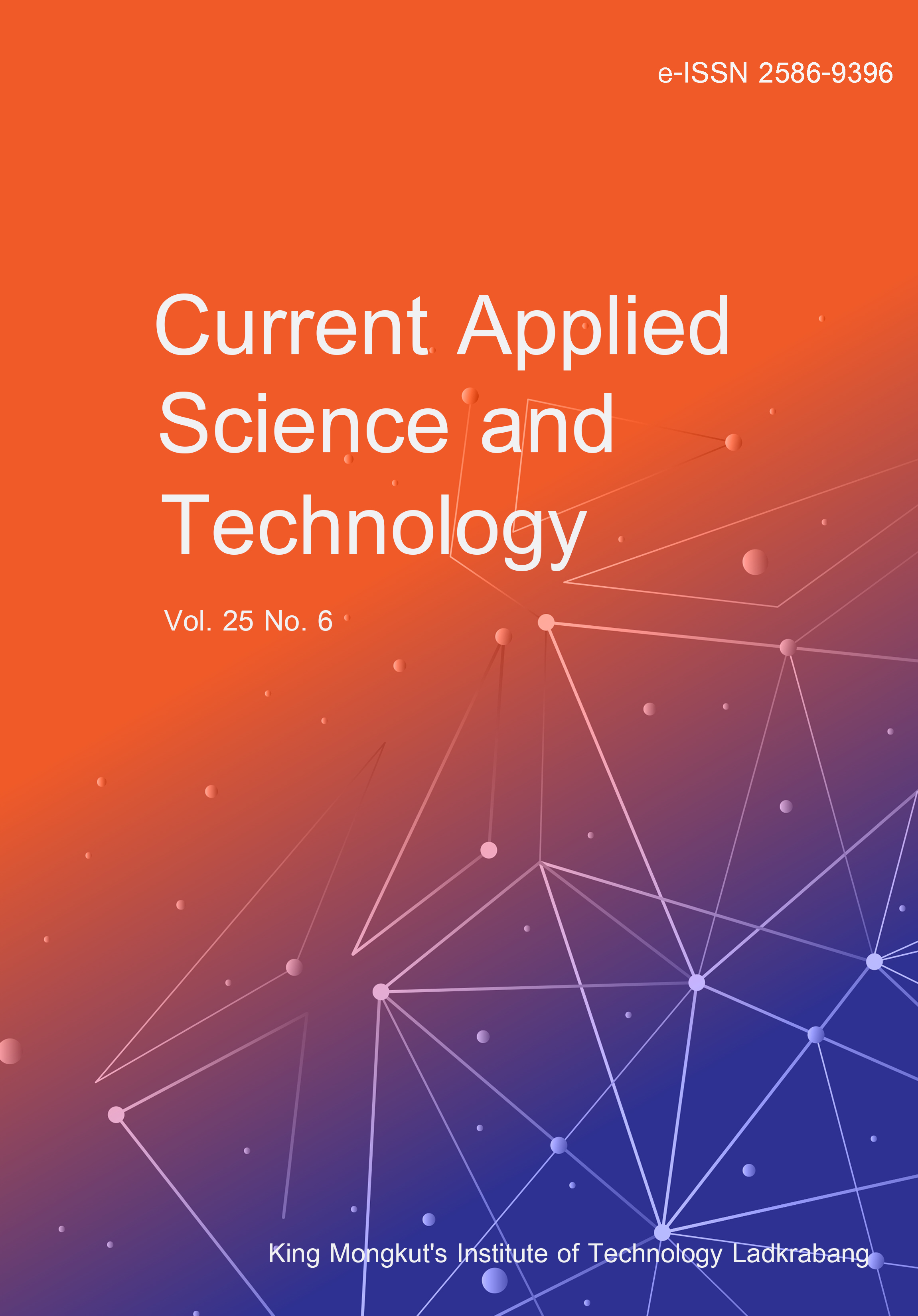Paracrine factors play a central role in the regulation of cellular communication and function and serve as the primary agents in cell-based therapeutic interventions. These factors facilitate a wide range of critical physiological and pathological processes through diverse mechanisms, including secretion of soluble molecules, release of extracellular vesicles, and direct intercellular channel transfer. The study highlights the significant impact of stress-induced changes in extracellular vesicles on cellular responses. Several stressors, including temperature, and oxidative, mechanical, osmotic, and transportation stress, have been shown to alter the release and composition of extracellular vesicles in affected cells. Extracellular vesicle modifications can undermine the success of cell therapies by altering the paracrine activity of the delivered cells, although these cells retain their phenotypic characteristics. Therefore, a deeper understanding of the mechanisms that govern paracrine signaling and strategic modifications of this signaling are critical for improving the efficacy of cell therapy.
Shestakova, V. ., Smirnova, E. ., Komarova, L. ., Kotlyarov, A. ., & Yatsenko, E. . (2025). Critical Determinants of Extracellular Vesicle Stability for Enhanced Therapeutic Applications in Biotechnological Production. Current Applied Science and Technology, e0263751. https://doi.org/10.55003/cast.2025.263751


https://cast.kmitl.ac.th/doi/10.55003/cast.2025.263751